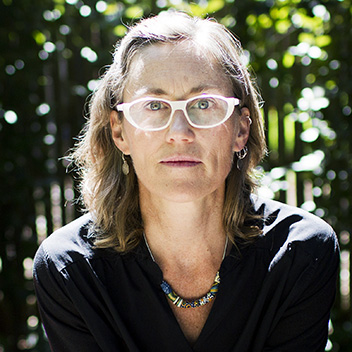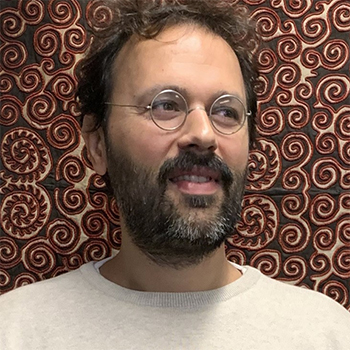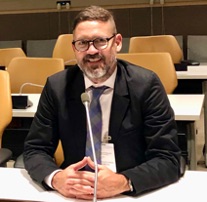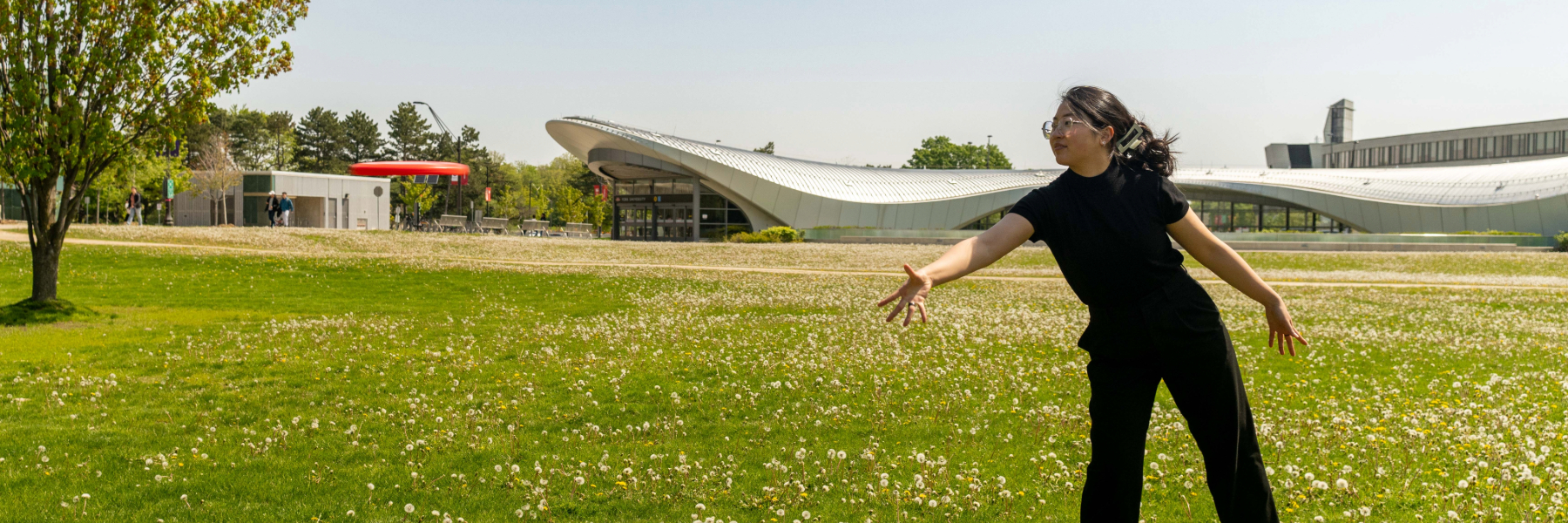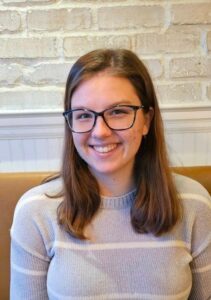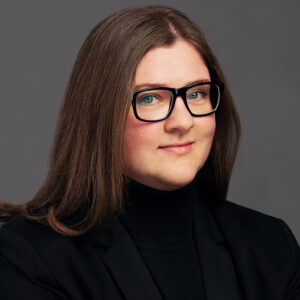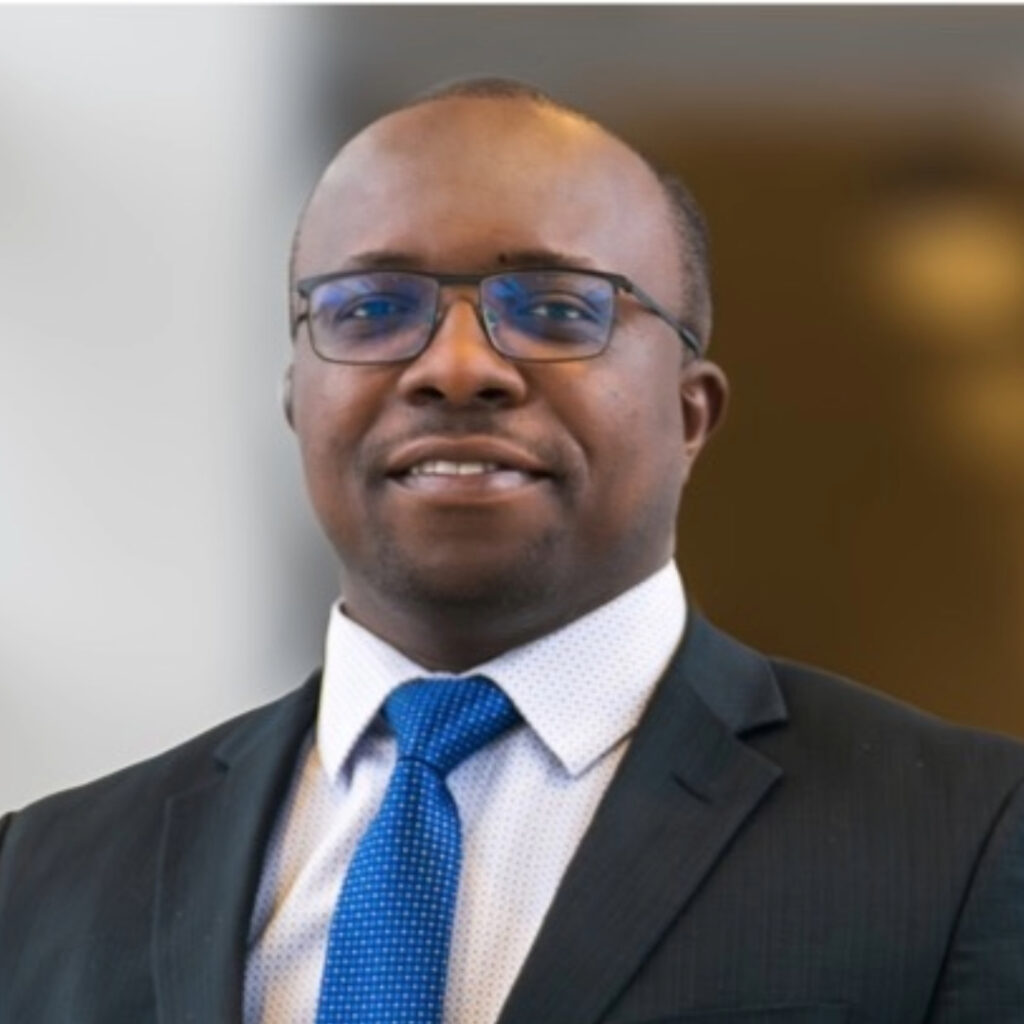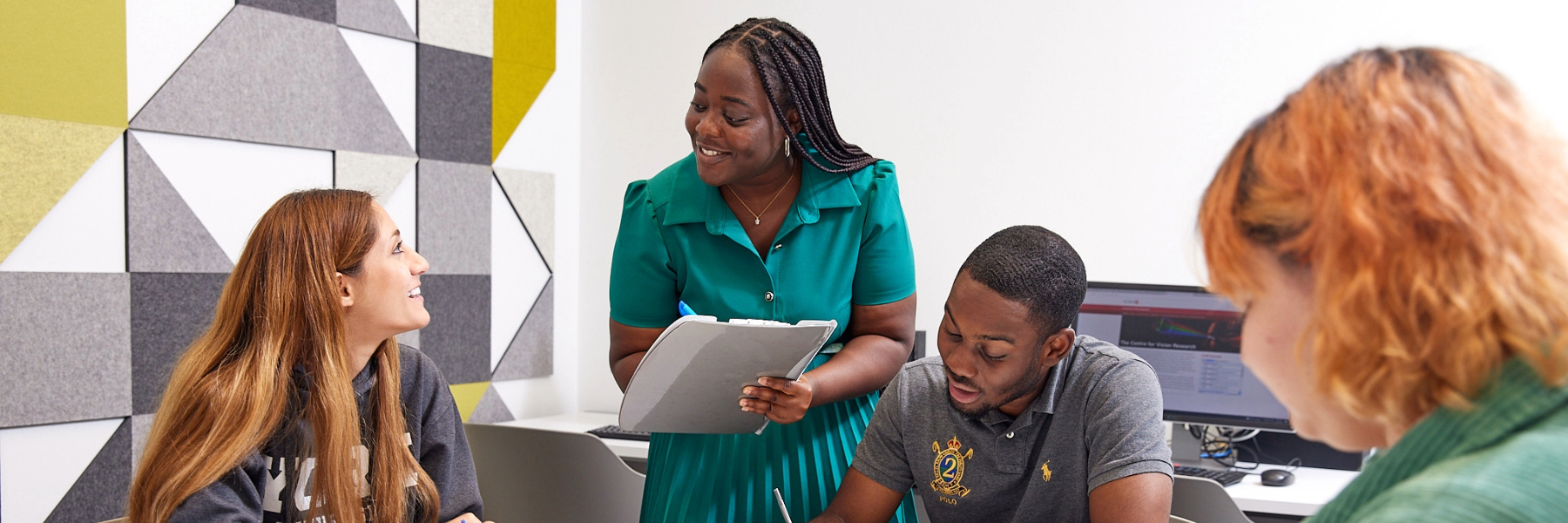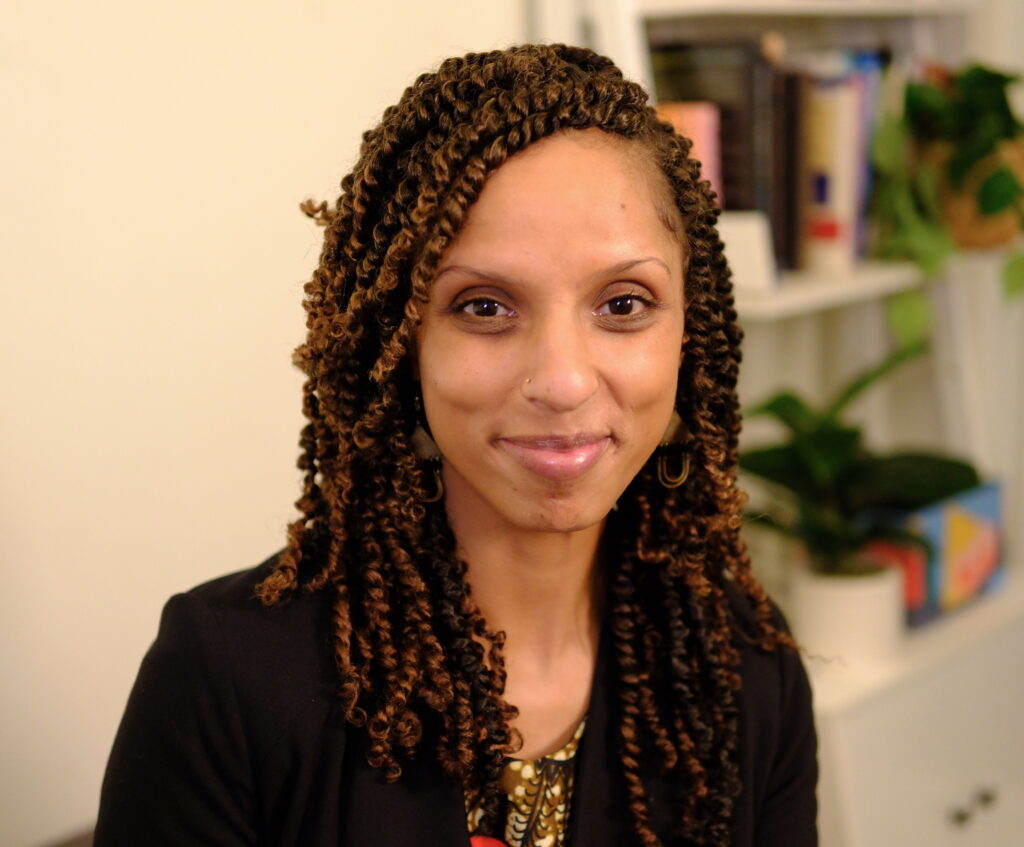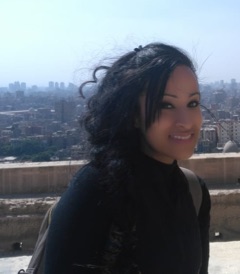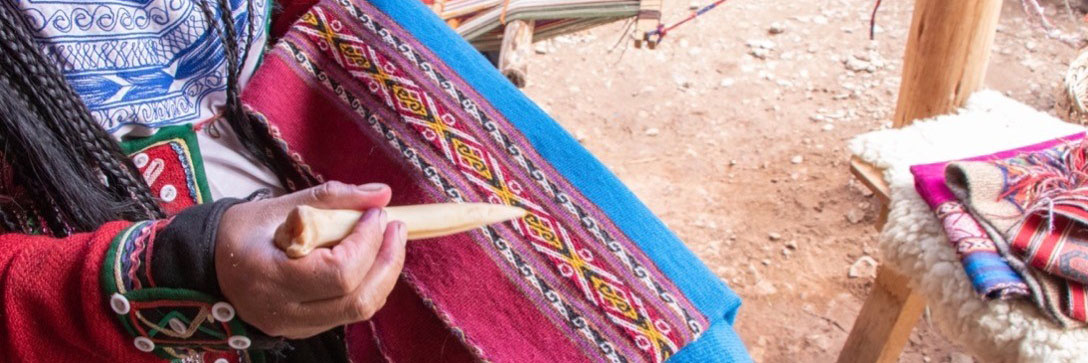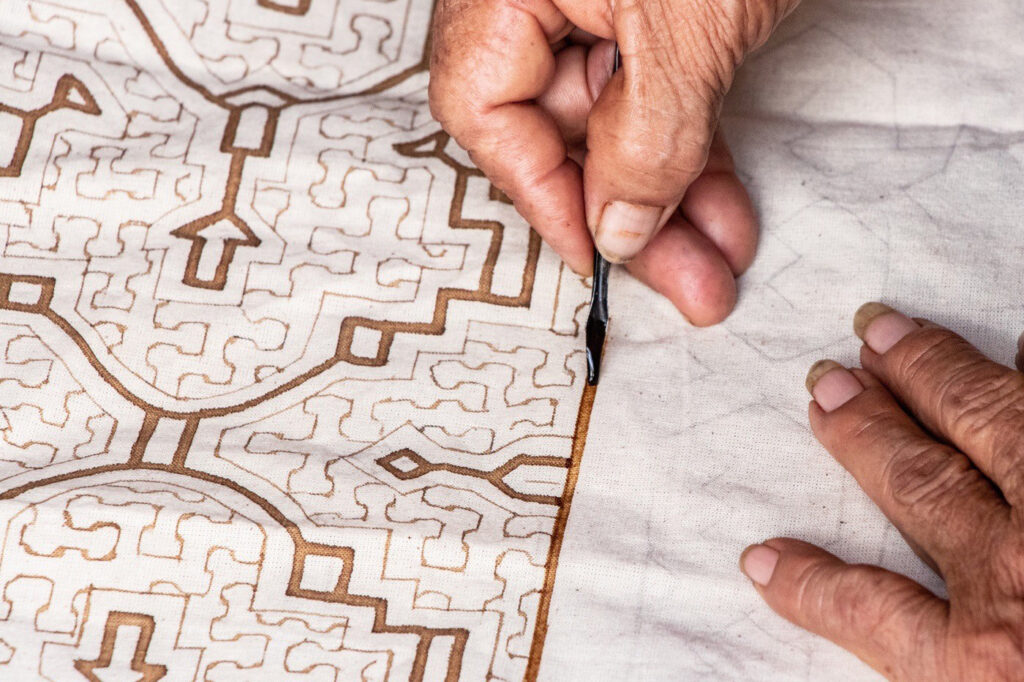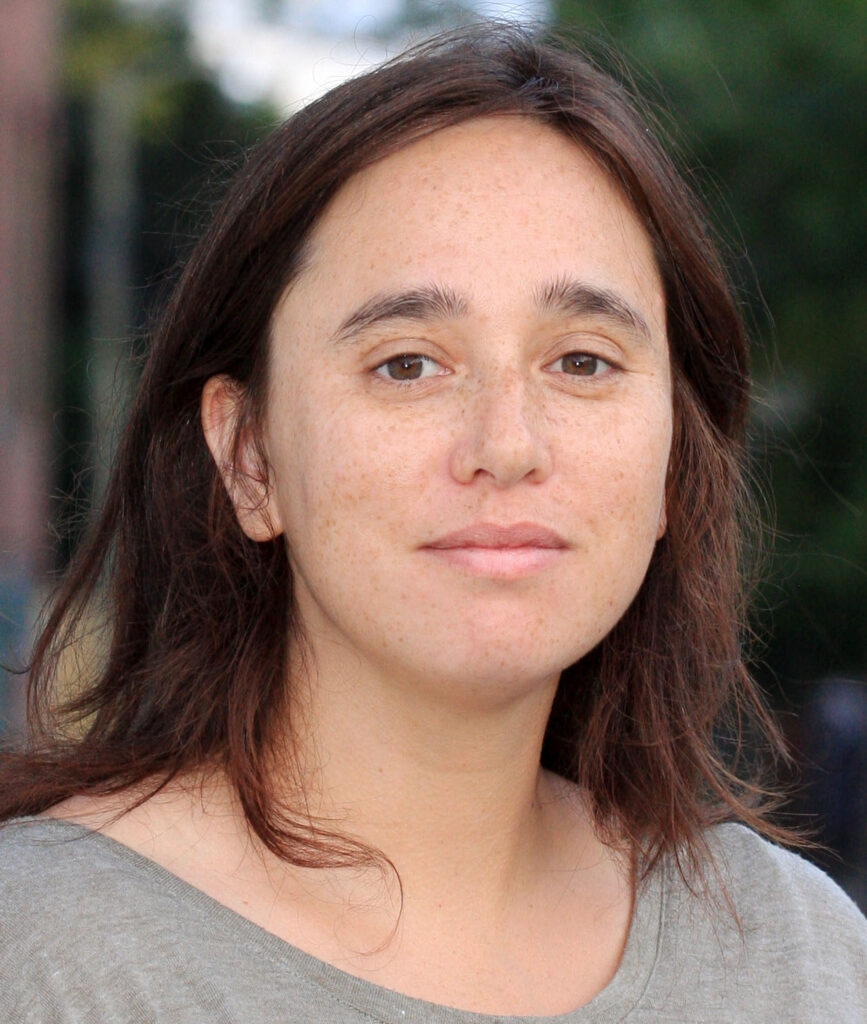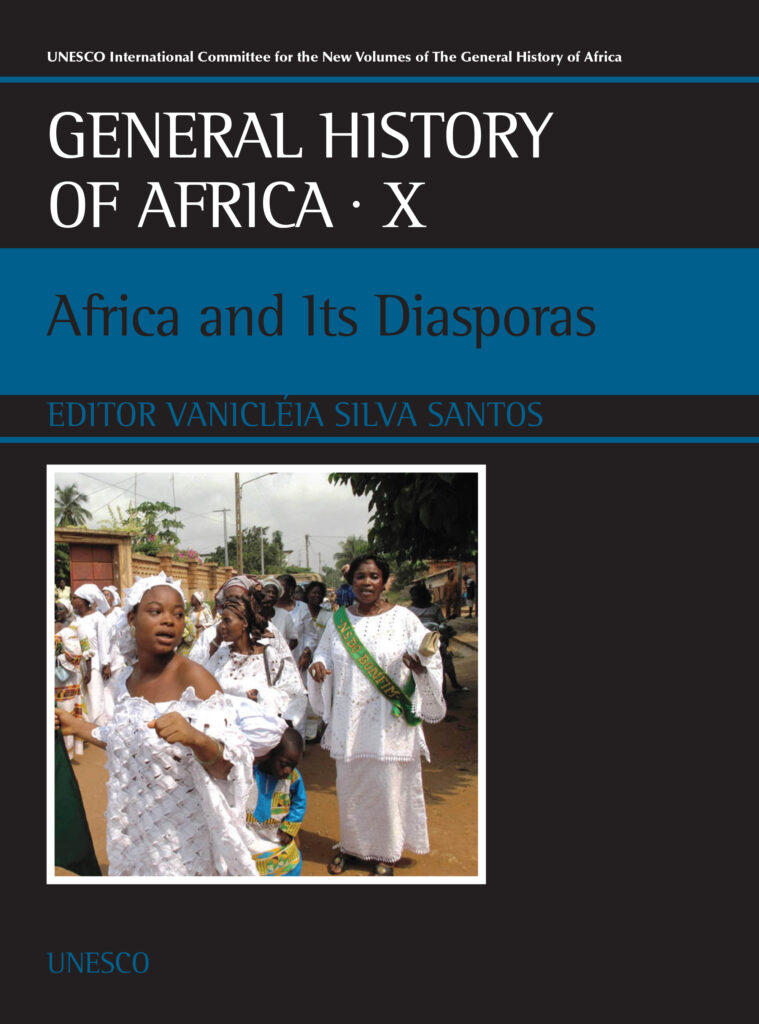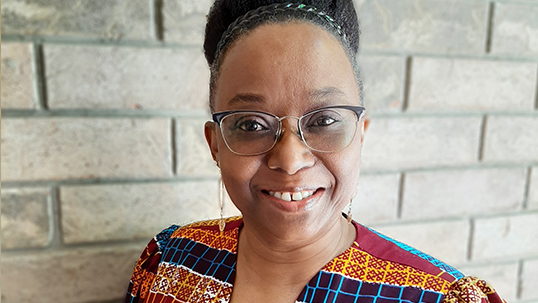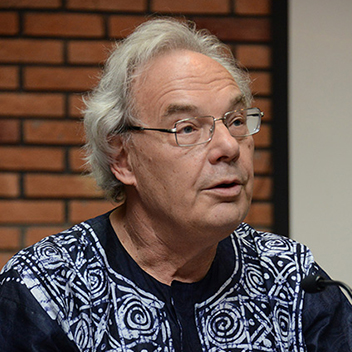York University neuroscientist Jeffrey Schall has been appointed a Canada Research Chair (CRC) in Translating Neuroscience, alongside two renewals – Gillian Parekh and Joel Zylberberg – for existing CRCs, announced by the Government of Canada on June 14.
The CRC program is a major investment by the federal government (up to $300 million+ per year) to attract and retain world-class talent at Canadian universities. The program also provides training opportunities for the next generation of highly skilled personnel through research, teaching and learning.
The new and renewed CRCs at York University are:

Jeffrey Schall is a newly appointed Tier I CRC in Translating Neuroscience and a professor in the Faculty of Science
Schall’s research aims to further understand the complexities of the brain and how it enables decision-making processes for actions and experiences: how people decide what to do, how people control when they do it and how people know if they did what they meant to do. Insights from Schall’s research could improve the diagnosis and treatment of neurological conditions like dementia and schizophrenia.
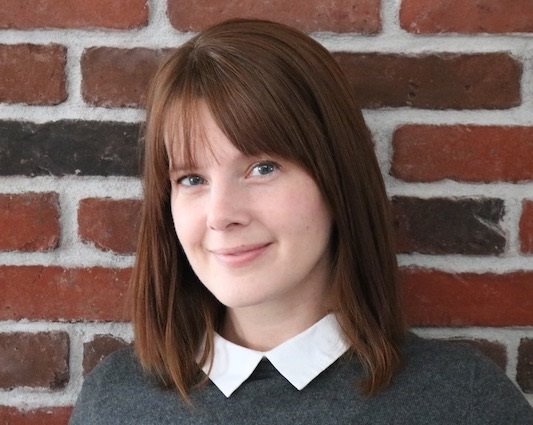
Gillian Parekh is a renewed Tier II CRC in Disability Studies in Education and an associate professor in the Faculty of Education
Parekh is examining how schools respond to disability in order to improve student success. She and her research team are gathering and analyzing new data to develop strategies that will shed light on how “ability” is used to justify student organization within schools and the inequitable distribution of in-school resources and opportunities.
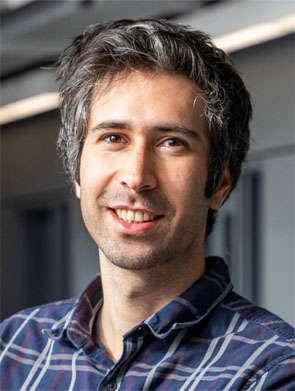
Joel Zylberberg is a renewed Tier II CRC in Computational Neuroscience and an associate professor in the Faculty of Science
Zylberberg and his research team train artificial intelligence (AI) to see and respond to images in the same way as the human brain. By teaching AI to process visual information like the brain’s visual cortex, deep learning algorithms could lead to the creation of devices that help visually impaired or blind people see again, in addition to potentially advancing technology for self-driving cars.
York’s Chairholders received $2,400,000 and are part of a $94,500,000 investment in 121 new and renewed CRCs at 39 institutions across Canada. For the full list, visit the Government of Canada’s website.




